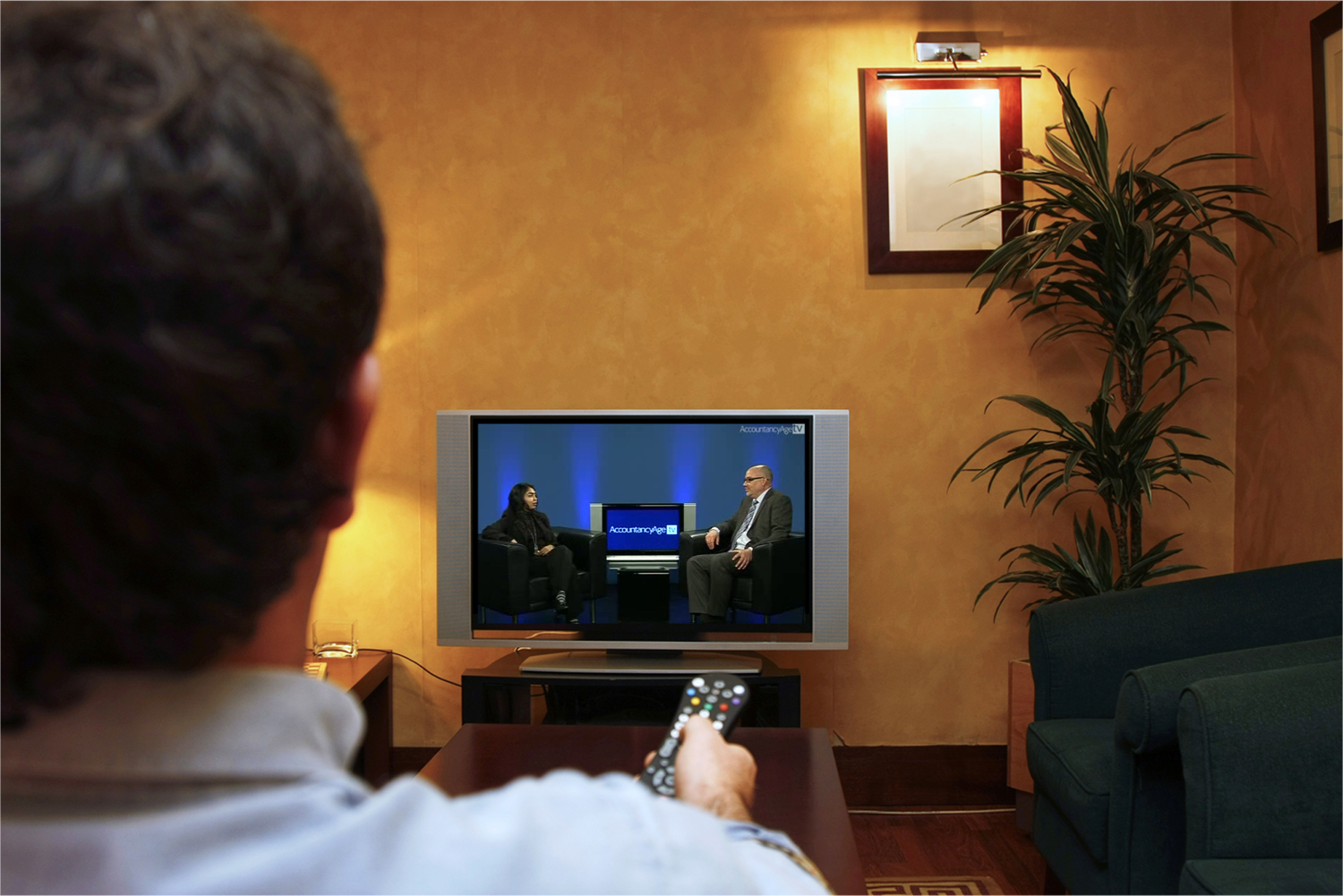Household Bills
Can these well-known energy tricks really save you money?

We’re always on the look-out for quick and clever ways to cut our household bills. But can we really save some pennies by defrosting our freezer regularly or not keeping our phone charging all night?
The Energy Saving Trust reveals the truth behind five common energy-saving tricks.
1. Don’t leave your mobile phone charging all night
Mobile phone chargers use very little energy. Charging your smartphone once a day will cost you less than £1 a year.
Once a phone is charged, it should stop drawing energy from the socket, even if you leave it plugged in overnight. A small amount of energy may continue to be consumed by the charging device, but this will be minimal.
Since phone chargers use so little energy, unplugging is not likely to have a noticeable impact on your energy bill.
2. Defrost your freezer regularly
Defrosting your freezer periodically allows the optimal transfer of heat in and out of the white good. The exact saving depends on a number of factors, but much larger savings can be made from not using an appliance that is too large for your needs, and by choosing the most energy efficient appliance possible.
When buying an upright-freezer, choosing a smaller model could save around £120 over the freezer’s lifetime (assuming 15-years).
Choosing an A+++ upright freezer over an A+ model could save up to £150 over the 15 year lifetime of the appliance.
3. Boil water on the hob rather than the kettle
This one’s difficult to answer conclusively as there are many factors involved, such as the design of the kettle, whether the pan is open or closed, and whether it fits and is in contact with the hob properly.
Whatever the method of boiling water, you can save money by only filling up the kettle (or pan) with as much water as you need. Using a standard kettle this could save you around £7 per year.
4. Turn on/off lights when leaving/entering a room
We generally recommend turning the lights off when you leave a room and this is particularly important with older bulb types such as incandescent and halogens which consume a lot of energy when on. The average household could save around £13 a year by turning off lights when you don’t need them.
You can save much more by replacing incandescent and halogen bulbs with LEDs. LED lights are the most energy efficient and long lasting lighting available, there are no disadvantages of turning them on and off multiple times.
Replacing a typical halogen spotlight with an LED will save around £115 over the lifetime of the bulb, this includes the cost saved from buying replacement halogen bulbs.
5. Don’t leave a laptop or TV on standby
Laptops and TVs use much less energy on standby than when they are in use, however it’s still best to turn them off completely rather than leaving them in standby mode.
Flatscreen TVs generally use far less energy than older types, but the specific amount depends on the model of TV and the technology it uses. Plasma screens in particular use a lot of energy.
An important consideration is the energy efficiency label of the TV. These range from A+++ (most efficient) to D (low efficiency). Choosing an energy efficient TV can make a big difference to household electricity bills.
As an example, an A+ rated 40 inch TV over a market average 40 inch TV will save you £120 over the lifetime of the product.
New TVs also use less energy in standby. A new TV uses about 70 per cent less energy in standby mode than one bought before 2007.